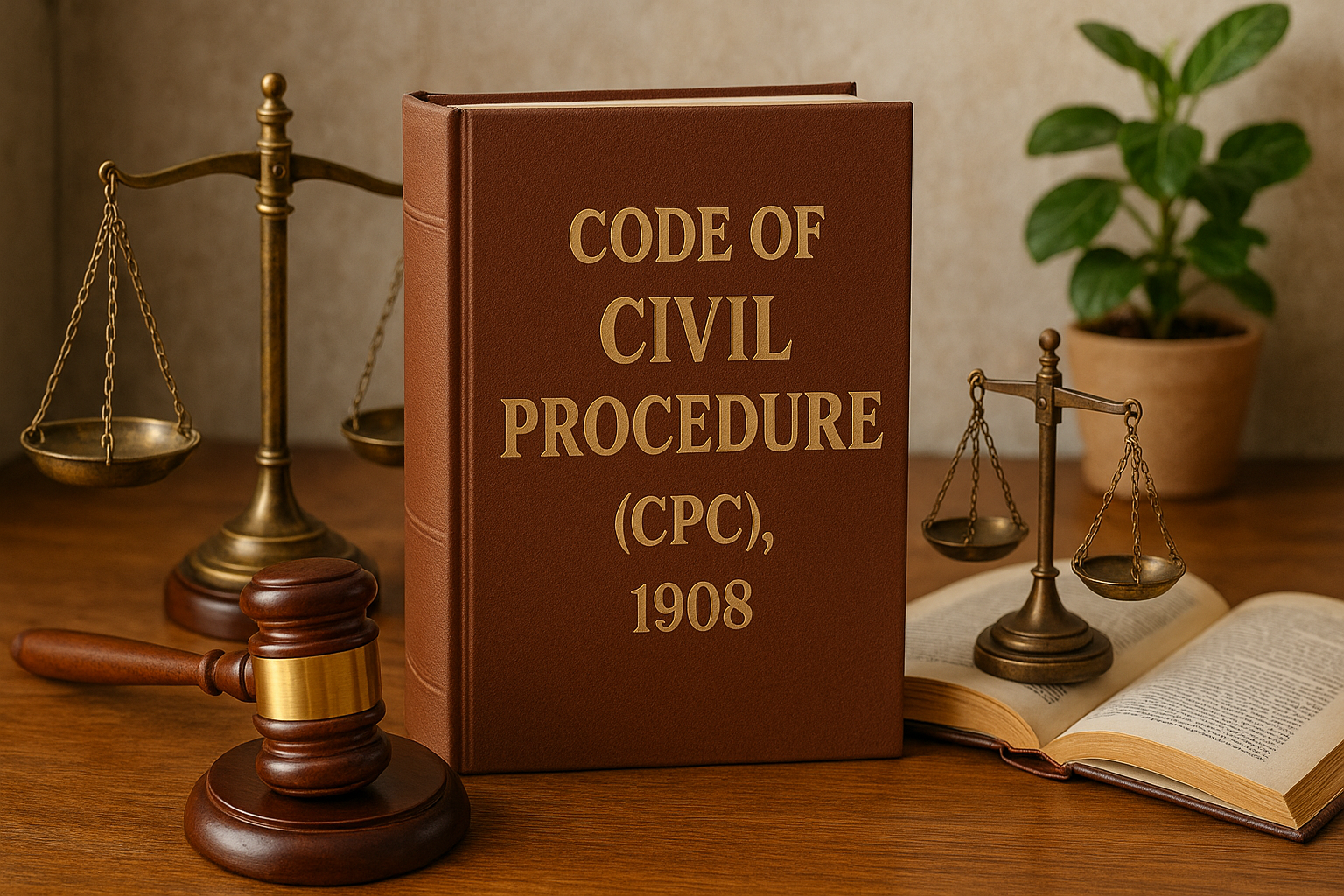What is a Foreign Judgment?
A foreign judgment is defined in Section 2(6) of CPC as:
“A judgment of a foreign court.”
A foreign court (Section 2(5)) is any court situated outside India and not established by the Indian government.
Key Provisions of CPC on Foreign Judgments
| Section | Subject |
|---|---|
| Section 13 | When a foreign judgment is conclusive in India |
| Section 14 | Presumption as to the competency of the foreign court |
When is a Foreign Judgment Conclusive? (Section 13)
A foreign judgment is conclusive and enforceable in India, unless it falls under any of these six exceptions:
| Ground of Inconclusiveness | Explanation |
|---|---|
| (a) Not pronounced by a competent court | The foreign court must have jurisdiction |
| (b) Not given on the merits of the case | It must not be an ex parte or technical dismissal |
| (c) Appears to be founded on a wrong view of Indian law | Must not violate Indian legal principles |
| (d) Opposed to natural justice | Judgment must follow fair procedure |
| (e) Obtained by fraud | If fraud is proven, judgment becomes invalid |
| (f) Sustains a claim based on a breach of Indian law | Must not enforce an illegal or immoral act under Indian law |
Presumption Under Section 14
Indian courts will presume that the foreign judgment was pronounced by a competent court, unless disproved.
This means the burden to challenge the jurisdiction lies on the party opposing the judgment.
Enforcement of Foreign Judgment in India
There are two ways to enforce a foreign judgment in India:
1. By Filing a Suit (General Rule)
-
File a civil suit in India based on the foreign judgment.
-
The court will check if it meets Section 13 requirements.
2. Execution (Under Section 44A)
-
If the judgment is from a “reciprocating territory”, it can be directly executed in India like a local decree.
-
Countries like UK, Singapore, Bangladesh, UAE, etc. are notified as reciprocating territories.
Example
-
A UK court awards ₹10 lakh to A against B.
-
B owns property in India.
-
Since UK is a reciprocating territory, A can directly execute the UK decree in an Indian District Court under Section 44A.
Important Case Law
R. Viswanathan v. Rukn-ul-Mulk (1963)
Explained that a foreign judgment can be challenged in India if it falls under Section 13 exceptions.
Satya v. Teja Singh (1975)
A U.S. divorce decree was held invalid in India as it was obtained by misrepresentation and fraud.
Conclusion
Foreign judgments are enforceable in India, but only if they meet certain conditions under Section 13. Courts ensure that such judgments do not violate Indian laws, public policy, or principles of natural justice.
This ensures a balance between international comity and domestic fairness.

